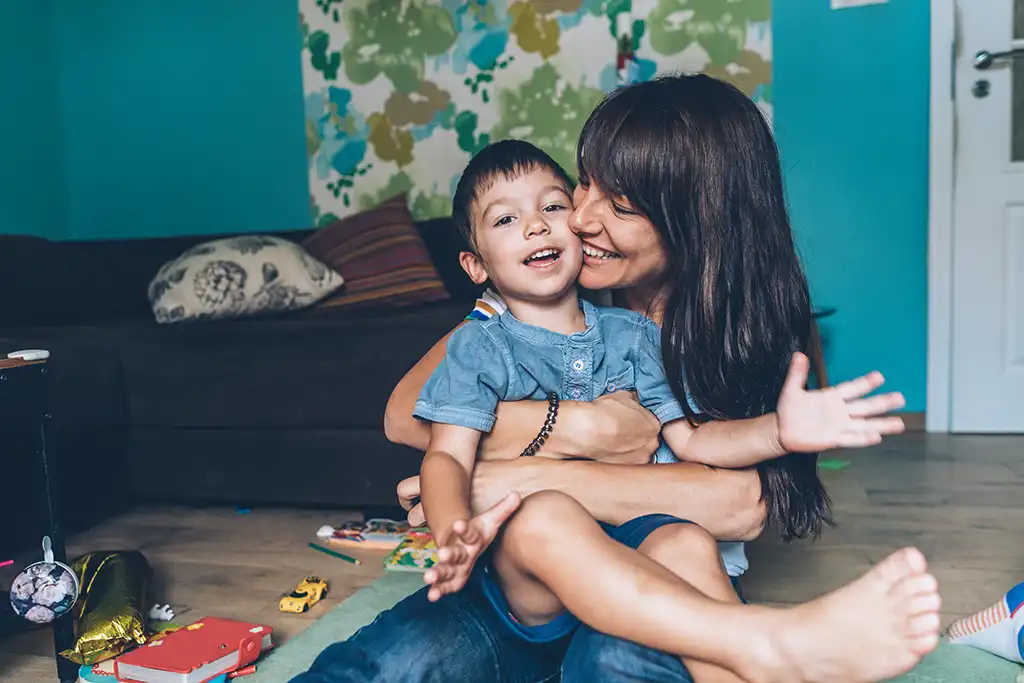
The length and intensity of services varies by program from our most intensive and short-term program (Homebuilders) to our longest program 2 years (WISe). Most services can be adjusted to fit the unique needs, schedule, and culture of each family. We strive to be responsive and flexible in each of our programs.
Serving: Clallam, Jefferson, Kitsap , and Pierce counties
Serving: Island, San Juan, Snohomish, Skagit, and Whatcom counties
Serving: King county
Serving: Grays Harbor, Lewis, Mason, and Thurston counties
Serving: Asotin, Columbia, Garfield, Lincoln, Pend Oreille, Spokane, Stevens and Whitman counties
Serving: Clark, Cowlitz, Skamania counties
Serving: Adams, Benton, Franklin, Grant, Kittitas, Walla Walla, and Yakima counties